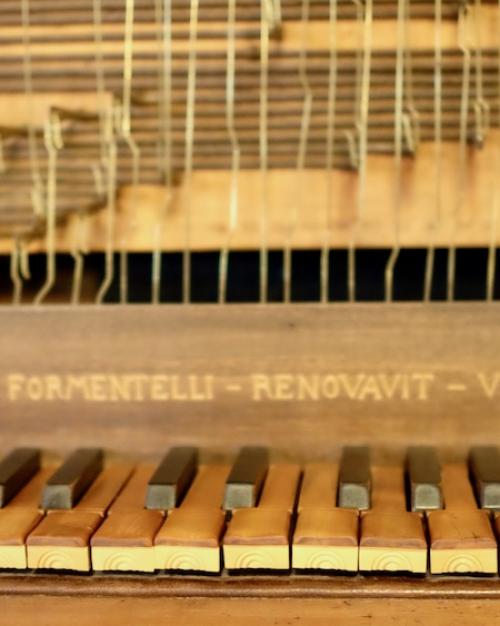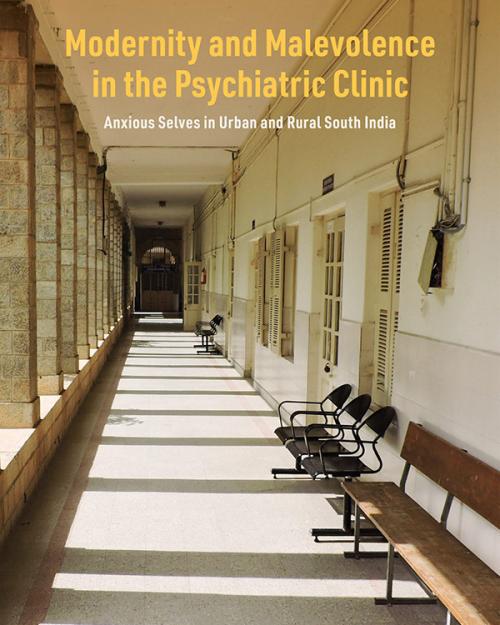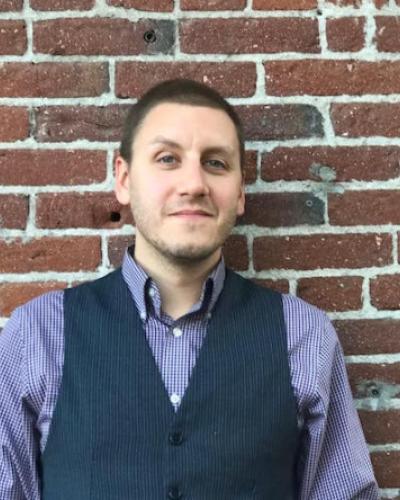Amid catastrophic wildfires in northern California, Indigenous Karuk people are using time-tested practices of prescribed burning to protect lives and lands within their ancestral territory and strengthen sovereignty and community wellbeing. The Karuk Department of Natural Resources (DNR) critiques and works to dismantle the settler state’s paradigm of “fire suppression.” For over a century, fire suppression policies have criminalized Karuk ceremonial and stewardship burning practices and led to destructive wildfires as forest fuels accumulate. As the region warms, Karuk fire practitioners assert that prescribed burning is a climate justice imperative.
My research is a partnership with the Karuk DNR that focuses on, first, the ongoing colonial legacies of California’s firefighting apparatus and the emergent militarization of firefighting, second, historical and contemporary anti-Indigenous and far-right organizing in the region and the ways that these movements and sentiments cohere around crisis narratives, and third, the ways that the ongoing resurgence of Karuk cultural fire use is a site of struggle to achieve climate justice and dismantle settler colonialism.
Of the six largest wildfires in California’s history, five were burning in September 2020. In 2018, California spent nearly a billion dollars fighting wildfire, and by 2050, destruction from fire is expected to double. During wildfires, the California Department of Forestry and Fire Protection (CALFIRE), the Forest Service, and other government agencies exercise extraordinary authority under the sign of “crisis.” Karuk people sometimes equate this intermittent exercise of environmental authority with “martial law.” Indeed, some Karuk people claim that the crisis-containment model of fire suppression poses as great a threat as climate change and consequent destructive wildfires, because it bypasses Tribal jurisdiction, infringes upon Karuk sovereignty, and criminalizes Karuk cultural relationships with fire.
I currently live in Orleans, California, Karuk territory, carrying out this research from October 2020 through the end of 2021. I am doing participant observation and semi-structured interviews with Karuk DNR staff, Forest Service and CALFIRE employees, wildfire-affected communities, firefighters, and other diverse regional residents. Like all outsider researchers who work with Karuk people, I have been expected to learn and adhere to the Karuk DNR’s “Practicing Píkyav” protocols, and my efforts are subject to internal review administered by the Karuk Resource Advisory Board (KRAB) and Karuk Tribal Council. I have assembled a local supervisory committee composed of Karuk DNR staff and allied researchers to help guide my research methods and lines of inquiry.
I bring my experience as a filmmaker to the project. In 2018 and 2019 I co-produced three videos with the Karuk DNR, communicating the ways that Karuk knowledge of fire ecology meets the challenges of climate breakdown in northern California. These are: “pananu'thívthaaneen xúus nu'êethtiheesh: We're Caring For Our World” (2019), “Fire Belongs Here” (2019), and “Revitalizing Our Relationship with Fire” (2018). Several other videos are in progress.
My project is funded by a Wenner-Gren Dissertation Research Grant. Preliminary research was supported by Cornell’s Department of , American Indian and Indigenous Studies Program, American Studies Program, and Engaged Cornell.
I am a PhD Candidate in Sociocultural , pursuing a graduate minor in American Indian and Indigenous Studies, and a former Reppy Fellow with Cornell’s Judith Reppy Institute for Peace and Conflict Studies. Originally from Massachusetts, I am an award-winning filmmaker with a BFA in Film and Television from New York University and an MA in Folklore from the University of Oregon. My scholarship has been published in The Trumpeter, Western Folklore, and The Routledge Handbook of Ecocultural Identity.
Newsletter image: A prescribed burn by the Klamath River Prescribed Fire Training Exchange (TREX). Fall 2020. Photo by Bruno Seraphin. Donate to support Karuk Eco-Cultural Revitalization: connect.clickandpledge.com/Organization/karuk/





